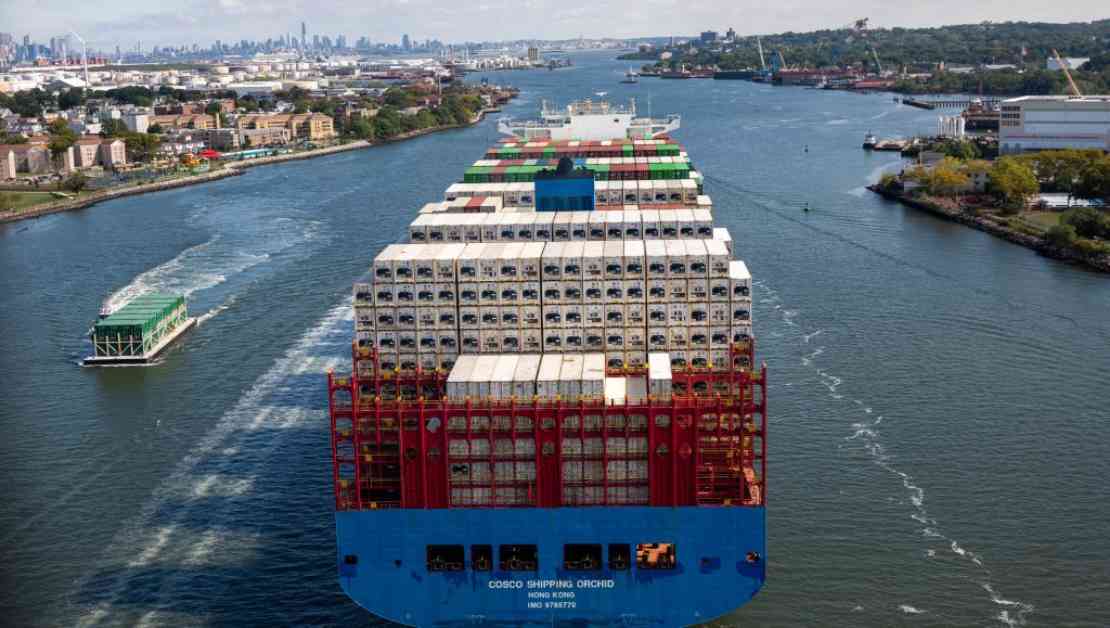Around 45,000 port workers from the International Longshoremen’s Association (ILA) began a strike at midnight on Tuesday, October 1. This strike has caused disruptions in cargo ports between the Gulf Coast and the East Coast. The strike is due to a disagreement over wages and the increasing use of automation in the industry. ILA President Harold Daggett stated that the strike was a result of USMX prioritizing foreign-owned ocean carriers’ profits over compensating American longshore workers who do the labor.
As of now, there is no clear timeline for when the strike will come to an end since USMX and ILA have not reached an agreement on wages. This strike affects ports from Maine to Texas. Despite calls for intervention, President Joe Biden has chosen not to interfere and instead urged both parties to come to a resolution swiftly.
Consumers are advised to stock up on certain goods during this strike, as around 70 percent of goods come through port shipments. Items such as fresh produce, fruit, and seafood are popular choices for stocking up. Additionally, European beer, wine, liquor, furniture, clothes, household goods, and other items originating from Europe may experience delays or shortages due to the strike.
The impact of this strike is significant, as it affects the flow of goods and could lead to higher prices for consumers. The uncertainty surrounding when the strike will end adds to the challenges faced by both workers and consumers. It is essential for both parties to come to a resolution to minimize disruptions and ensure the smooth operation of ports along the East Coast and Gulf Coast.


